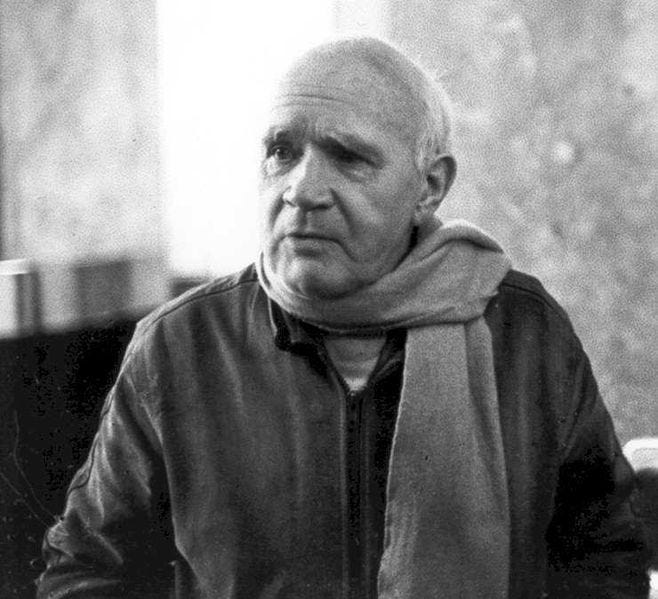All in the Oxtail
Justin Curtis Marcano was a teen when his father and abuela taught him to eat oxtail with his hands, a bright spot in the memories he has with his dad. Marcano reflects on grief, absence and his Afro-Caribbean and Afro-Latinx heritage.

This work is part of a series of essays written by the Lede New Orleans’ Fall 2021 Community Reporting Fellows exploring the intersection of food, family and identity.
By Justin Curtis Marcano
Oxtail is something that must be consumed with your hands. Approach the hot, braised meat and marrow with a fork and knife and you’ll miss out on all the best parts. The juicy, fatty bits. The gelatinous cartilage meeting the now tender sinew. The buttery, rich marrow. Then also the broth from the braising — packed to the brim with complexity — draped over the meat and melding with white rice and black beans. Eating oxtail is personal for me. It’s intimate. A once throwaway cut turned to delicacy. Oxtail brings my heart to the dinner table of my soul.
I was born and raised in Miami, a settler’s city built on the spoils of imperialism and neocolonialism. The violence of cultural assimilation and white hegemony taught me to hide parts of myself. As a mixed-race child, I internalized all of it. It festered and took root in my subconscious. As a teenager, I started to realize I wanted something different. I sought lessons from my father: How to care for the black, curly spirals of my hair. How to take pride in who I am.
In learning from my father, I got to learn about my father. This closeness was new and unfamiliar. We had been separated by divorce and the long hours he needed to work to make a living. Our relationship grew stronger when my abuela was able to fly to Miami from Venezuela when I was 16. Her presence — and her cooking — reintroduced me to my Afro-Latinx and Afro-Caribbean heritage.
My father and grandmother taught me how to eat oxtail with my hands. No fork or knife needed. I felt it all in the braised meat. As if I was gripping onto glossy photos from trips to visit family back home in Puerto La Cruz. Fighting the fog of memory. Clinging to my grandfather’s sturdy back as he pulls up in his white moped. Grasping at the balmy breeze of a coastal city wedged between a lush, green mountainside and the southern shore of the Caribbean. A Pokémon-themed birthday party wrapped in Calypso music. I haven’t been back to Venezuela since the trips of my youth. My abuelo has since passed. I don’t speak to my father anymore. It’s been years since my abuela cooked for me.

I do the cooking now. I hold the oxtail in my hands and clean it with cold water, lime and vinegar. My heart in my hands. My thoughts turn to those few years of closeness I shared with my father. That time is nestled in between the pain and tension that has otherwise made up our relationship. He is at the root of the love I have for my identity as well as the sorrow I share with my mother. Those conflicting feelings rip at my insides. I rinse the oxtail and wash the years away. I become that same kid who saw the world in the eyes of his father. Before enduring the emotional abuse and the manipulation. My heart is left bare in the kitchen as I bring the meat into an overnight marinade of aromatics and spice. The oxtail takes time to absorb the complexity. The bitter, the sweet, the tang, the zest, the spice and the sour.

The next day I sear the oxtail until it’s brown and crispy. The fatty, smoky smell of Maillard reaction rises from the pot and fills the kitchen. I move in harmony with the sounds of sizzle and pop in the pot. I add the broth, allspice berries and bay leaves. The broth hits the high heat of the pot in a ripping sound. A flashpoint. Past meeting present. I wait and watch and stir. The oxtail gets tender. The process is a slow embrace, releasing the parts of myself that I keep frozen in the distance between me and my father. I sit with the complexity. I grieve until the oxtail is ready. Until I am ready.
Justin Curtis Marcano is a Fall 2021 Community Reporting Fellow. Marcano was born and raised in Miami and graduated from Tulane University in 2021. He is a writer and storyteller based in New Orleans.
Lede New Orleans is a nonprofit that trains emerging BIPOC and LGBTQ storytellers and equips them with skills and tools to tell the stories of communities in and around New Orleans that are often overlooked by the media. For more info on our mission and programs, visit www.ledenola.org.
This story is available to republish under a Creative Commons license. Read Lede New Orleans’ publishing guidelines here.
Support Lede New Orleans and its community-centered reporting by becoming a supporting donor.
To get weekly emails with New Orleans stories and events, sign up for Lede New Orleans’ newsletter.










